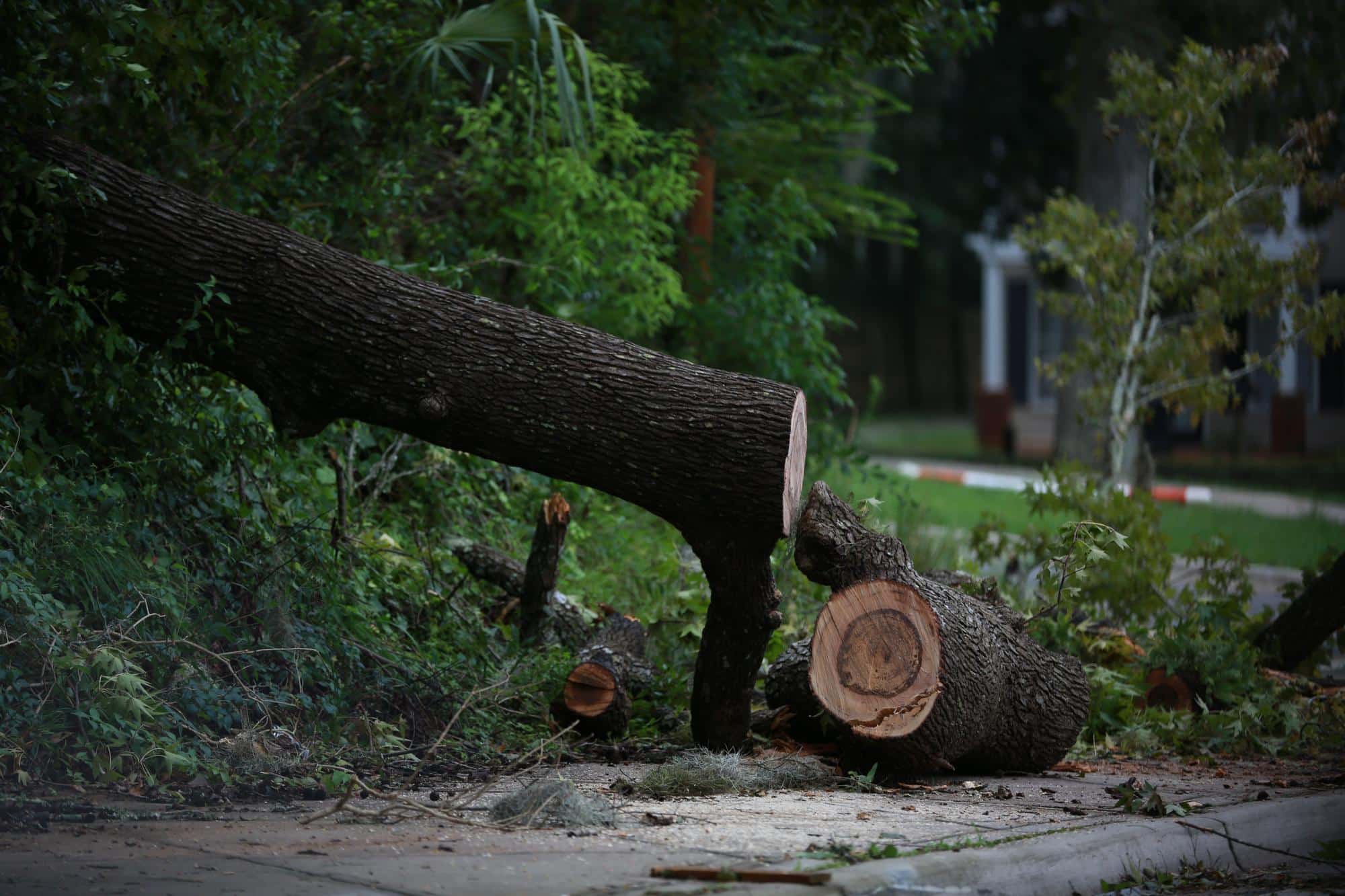Table of Contents
- Introduction
- When Is Emergency Tree Removal Necessary?
- Common Causes of Tree Emergencies in Lake Oswego
- The Importance of Acting Fast
- The Emergency Tree Removal Process in Lake Oswego: Step-by-Step
- What to Expect During the Initial Assessment
- Safety Measures and Protocols Followed by Professionals
- Equipment Used in Emergency Tree Removal
- How Long Does the Process Take?
- Cost Factors of Emergency Tree Removal in Lake Oswego
- Insurance and Liability: Who Covers What?
- Choosing the Right Tree Removal Company
- Signs You Should Not Ignore
- Post-Removal Cleanup and Restoration
- What Happens to the Tree After Removal?
- Replanting and Long-Term Yard Planning
- City Regulations and Permits in Lake Oswego
- Emergency Tree Removal for Businesses and HOAs
- Real Testimonials from Lake Oswego Residents
- Conclusion
Introduction
Storms, root decay, and structural damage can cause a tree to become hazardous overnight. This guide walks you through the emergency tree removal process Lake Oswego homeowners and property managers need to understand when safety and time are critical.
When Is Emergency Tree Removal Necessary?
Tree removal becomes an emergency when:
- A tree is leaning dangerously
- Branches fall on structures or vehicles
- Roots uplift sidewalks or foundations
- Trees are at risk of collapsing due to disease or damage
Common Causes of Tree Emergencies in Lake Oswego
Lake Oswego sees emergencies due to:
- Winter ice storms
- High winds and heavy rain
- Soil erosion along slopes
- Undetected root rot or pest infestation
The Importance of Acting Fast
Delays can result in:
- Property damage
- Personal injury
- Power outages
- Legal liability
Understanding the emergency tree removal process Lake Oswego experts follow helps you take timely action.
The Emergency Tree Removal Process in Lake Oswego: Step-by-Step
- Initial Call: Contact a licensed emergency arborist
- On-Site Assessment: Evaluate the danger and risks
- Permitting (if needed): Fast-tracked if a hazard is confirmed
- Safety Prep: Block off the area and secure surroundings
- Tree Removal: Sectional cutting using specialized equipment
- Cleanup: Debris removed and area made safe
What to Expect During the Initial Assessment
A certified arborist will:
- Determine the structural integrity of the tree
- Identify potential fall zones
- Document the situation for insurance
- Decide on the safest removal strategy
Safety Measures and Protocols Followed by Professionals
Professionals:
- Wear PPE
- Use cranes, ropes, and harnesses
- Set up exclusion zones
- Communicate with property owners during each step
Equipment Used in Emergency Tree Removal
- Chainsaws
- Wood chippers
- Cranes
- Ropes and pulleys
- Safety gear
- Lighting for nighttime jobs
How Long Does the Process Take?
Depending on the size and complexity:
- Simple removals: 1–2 hours
- Large trees with obstructions: 4–8 hours
- Multi-day jobs if multiple trees are involved
Cost Factors of Emergency Tree Removal in Lake Oswego
| Factor | Impact on Price |
| Tree size | Larger = higher cost |
| Location | Proximity to structures |
| Time of day | Night/weekend = more |
| Urgency | Immediate response fees |
Average range: $500–$2,500
Insurance and Liability: Who Covers What?
Check your policy for:
- Storm-related damage coverage
- Tree debris removal
- Neighbor liability clauses
Most policies cover emergency removal if the tree damaged insured structures.
Choosing the Right Tree Removal Company
Look for:
- ISA-certified arborists
- Emergency 24/7 availability
- Proper licensing and insurance
- Reviews from Lake Oswego residents
Signs You Should Not Ignore
- Deep cracks in the trunk
- Sudden leaning after a storm
- Uprooted roots
- Fungus or insect infestation
These often signal an imminent fall risk.
Post-Removal Cleanup and Restoration
Crews will:
- Grind stumps (optional)
- Remove branches and trunk sections
- Rake and clean the site
- Suggest soil restoration if needed
What Happens to the Tree After Removal?
Options include:
- Mulching
- Firewood prep
- Recycling into lumber
- Eco-disposal
Replanting and Long-Term Yard Planning
After removal:
- Choose non-invasive, wind-resistant trees
- Space properly from structures
- Use mulch to stabilize the soil
- Consider professional landscaping
City Regulations and Permits in Lake Oswego
Lake Oswego generally waives permit requirements for emergency removals but still requires post-removal documentation. Contact:
- Lake Oswego Planning Department
- City arborist hotline
Emergency Tree Removal for Businesses and HOAs
Commercial properties must act fast to:
- Avoid liability
- Minimize disruption
- Protect tenants and employees
HOAs often have contracts with emergency services—check your coverage.
Real Testimonials from Lake Oswego Residents
“When a pine fell on our garage, they were here in under 2 hours. Professional and fast.”
“The emergency tree removal process Lake Oswego crews followed was so organized, it really saved our property.”
“Our HOA had a 24/7 tree service on call. Worth every penny!”
Conclusion
When disaster strikes, knowing the emergency tree removal process Lake Oswego professionals follow can protect your home, loved ones, and investments. From immediate risk assessments to safe and thorough removals, a trusted local service is your best ally.
Don’t wait until it’s too late. Understand the process, recognize the signs, and call in the pros when needed.
